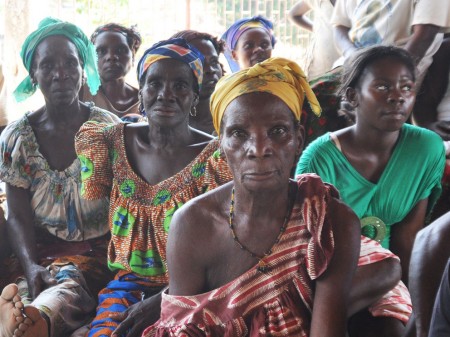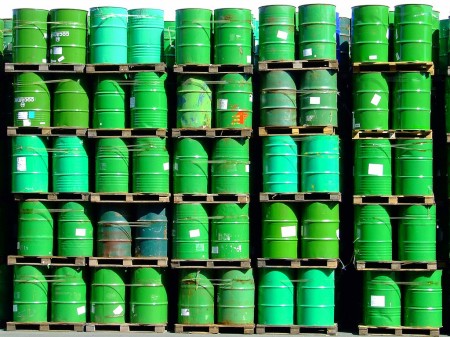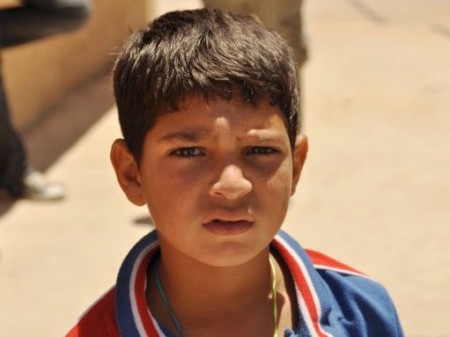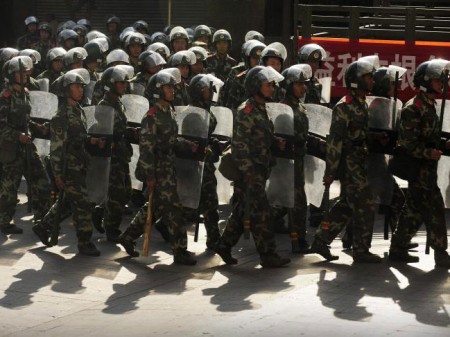
ABIDJAN, 22 March 2013 (IRIN) – Which of Côte d’Ivoire’s 20 million inhabitants qualify as nationals is a question that has driven political debate and conflict here for many years, and one that came to the fore earlier this month when thousands of people who had lived here all their lives were finally, and simultaneously in a public ceremony, given formal citizenship documents.
While around 140,000 similarly eligible residents have received documentary confirmation of their Ivoirian citizenship since 2011, the public ceremony held earlier this month in the administrative capital, Yamoussoukro, made waves because the documents were given to more than 8,000 people at the same time.
There are hundreds of thousands of people in Côte d’Ivoire who qualify for Ivoirian nationality but who, for various, reasons lack the documents to prove it. Because many are descended from people from other west African countries, they are often regarded as foreigners. In law, they are effectively stateless.




